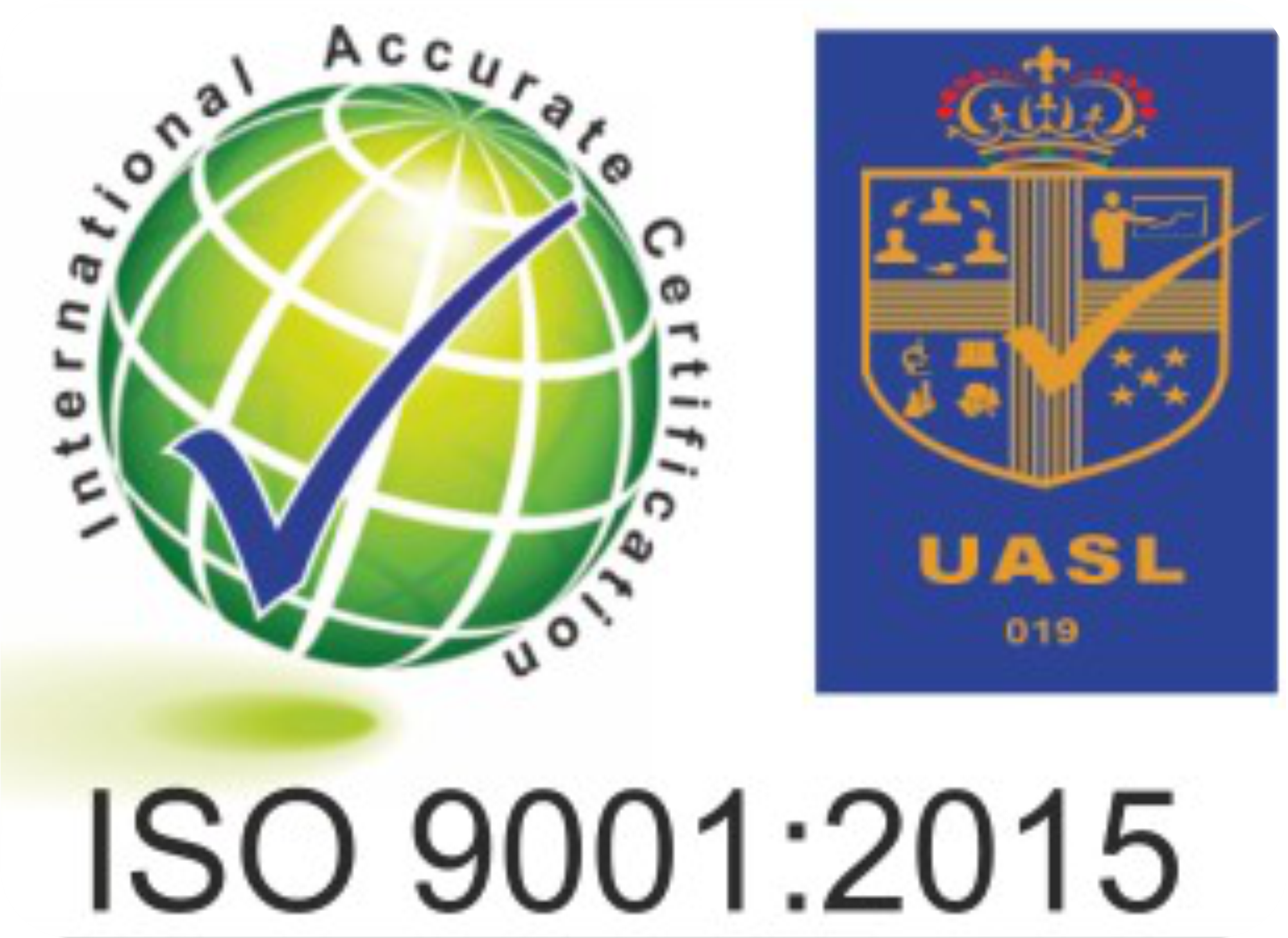Effective board management increases value across the board and allows businesses to advance in complexity, innovation and periodic crises. A strong mission, clear engagement model , and efficient information practices anchor the pillars of effective governance which we define as:
Leadership
To ensure efficient governance, boards must select the right board leaders who can effectively run meetings and facilitate constructive discussion and invest in education, development and feedback. They must also maintain a high degree of trust with their fellow directors and CEOs and resolve conflict when it arises.
As a mediator, the chairperson of the board can establish the tone and guide the resolution process. They should also be ready to raise tough issues boardroomevent.com when the time is right, recognizing that these conversations will require greater examination than subjects that are easier to handle.
The duration of the term and its limits
The duration of the chairmanship posts should be designed to be consistent with the company’s bylaws and should be reviewed periodically to ensure that the board is comprised of a diverse group of people with diverse qualifications and backgrounds. Some bylaws allow a period of two or three years, while others do not.
Retention of key talent
The best boards retain the most important board members who provide valuable expertise, knowledge, and connections to important stakeholders. They are open to bringing new perspectives and leveraging expertise from outside when needed, and they can quickly adapt to changing circumstances and priorities.


